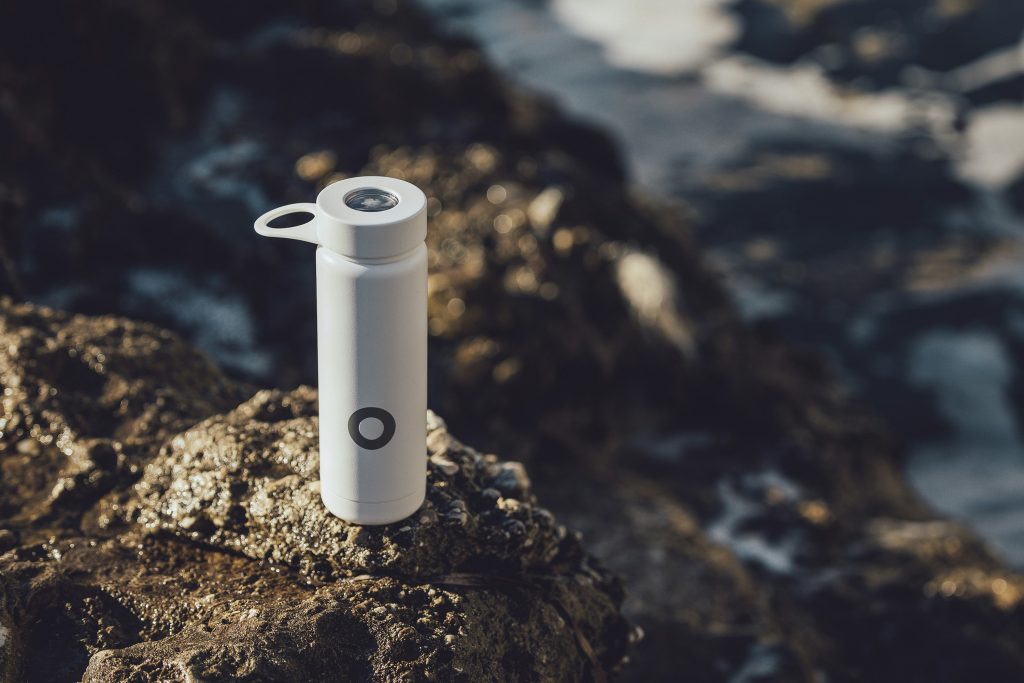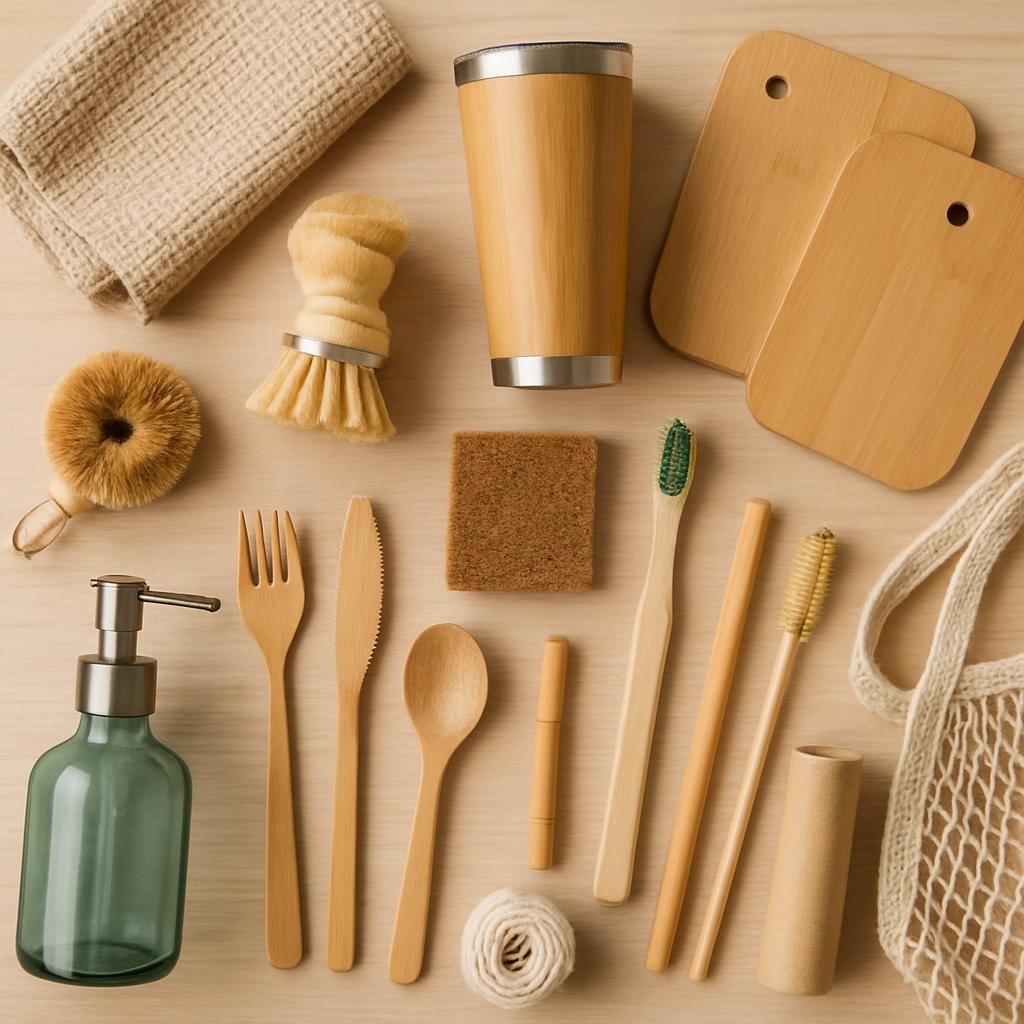The idea that living sustainably has to be expensive is one of the biggest myths of modern life. In reality, making eco-friendly choices often goes hand in hand with saving money. Simple, budget-friendly eco swaps—like using reusable kitchen items, buying in bulk, or cutting energy waste—can help you reduce costs while protecting the planet. By incorporating small, affordable changes into your daily routine, you can lower your expenses, live more intentionally, and stay true to your environmental values without stretching your budget.
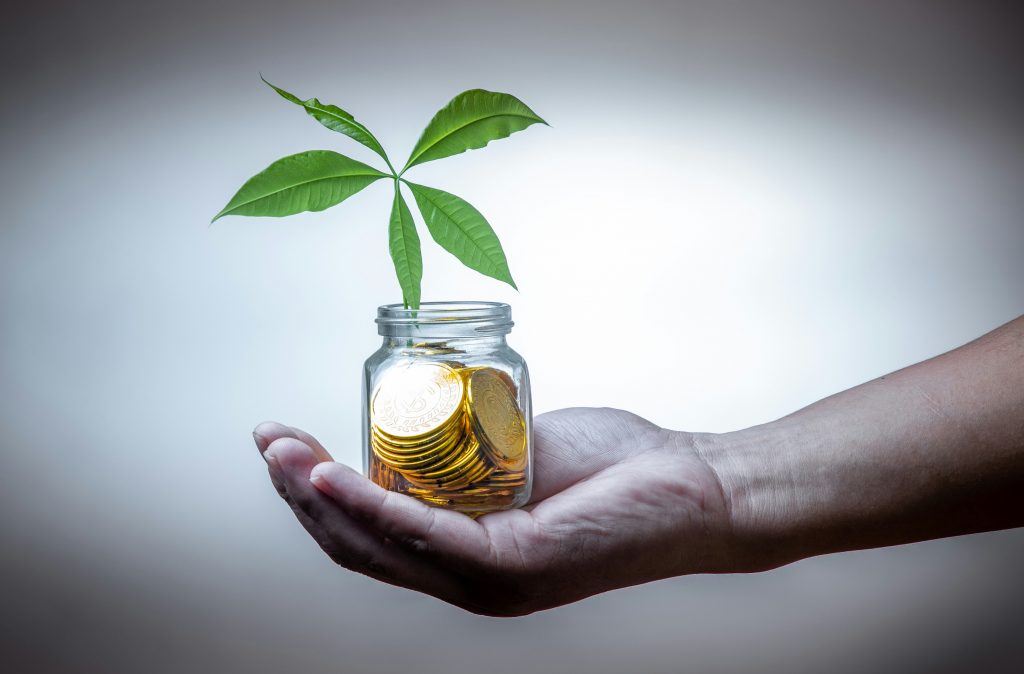
Whether you’re a student carefully managing a tight budget, a parent skillfully juggling the many responsibilities of running a busy household, or a professional aiming to reduce your monthly expenses, the following eco-friendly swaps are thoughtfully designed to help you save money starting today while simultaneously investing in a healthier, more sustainable future for tomorrow. These straightforward and practical changes not only help ease financial strain in the short term but also contribute positively and significantly to the environment over time, creating lasting benefits for both your wallet and the planet.
Simple lifestyle changes can collectively make a huge difference, and organizations like the Center for Biological Diversity stress how everyday swaps contribute to reducing our footprint.
Table of Contents
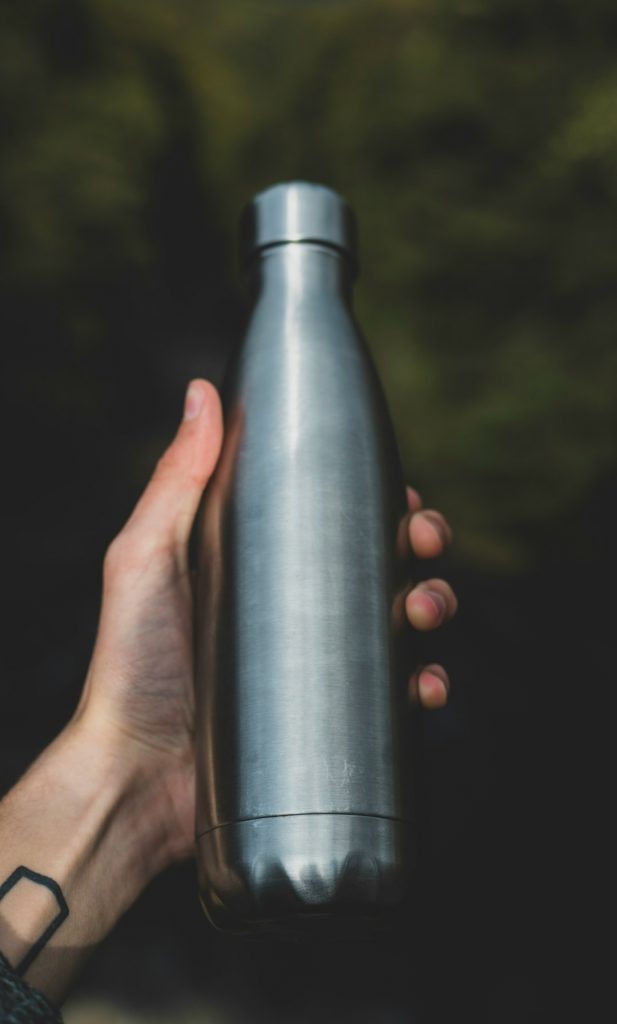
Reusable Water Bottles vs. Bottled Water
Purchasing bottled water might appear to be an inexpensive choice initially, but over time, the expenses accumulate quite rapidly. An individual who drinks two bottles of water every day can easily end up spending more than $500 annually solely on bottled water. Making the switch to a sturdy, reusable bottle made of stainless steel or glass typically requires an initial investment of about $20–30, but this small upfront cost can result in saving you hundreds of dollars each year in the long run.
- Eco Benefit: Cuts down on millions of plastic bottles.
- Money Saved: $400–500 annually.
- Extra Tip: Add a water filter at home for the purest taste.
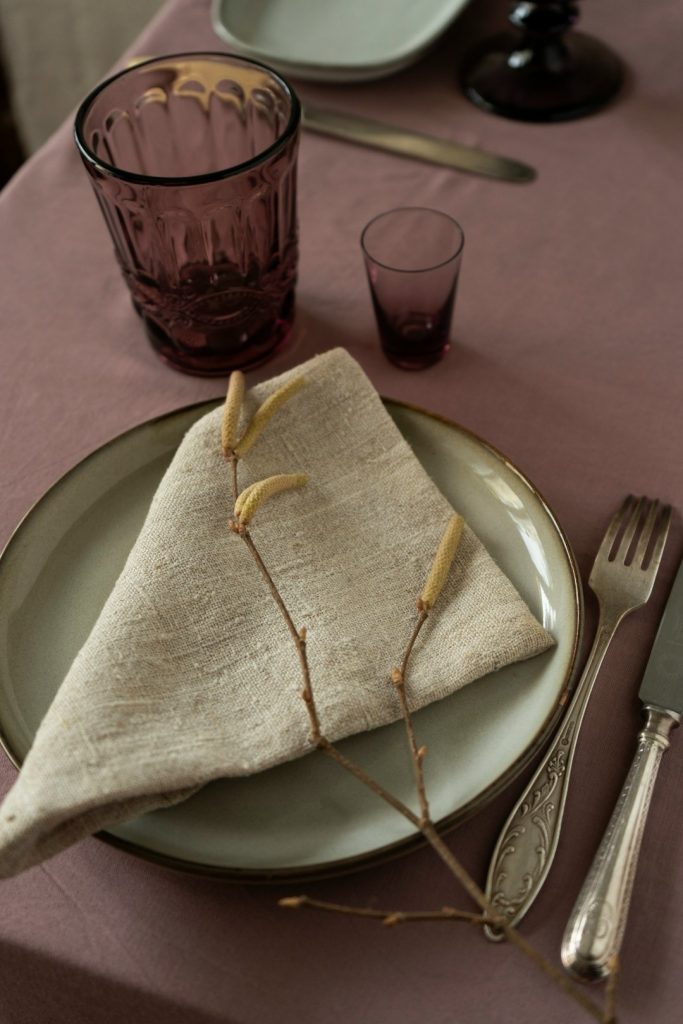
Cloth Napkins vs. Paper Napkins
Paper napkins might appear to be a cheap and convenient option, but the reality is that the average family goes through 2,000–2,500 paper napkins annually, which adds up to a cost of over $100 each year. In contrast, cloth napkins offer a more durable and cost-effective alternative, as they can last for many years when cared for properly, making them a smarter investment in the long run.
- Eco Benefit: Reduces paper waste, saves trees.
- Money Saved: Around $75–100 annually.
- Extra Tip: Choose dark-colored cloths to hide stains.

Beeswax Wraps vs. Plastic Wrap
Plastic wrap is widely recognized as one of the major contributors to single-use waste that harms the environment. In contrast, beeswax wraps offer an eco-friendly alternative as they are washable, biodegradable, and can be reused repeatedly for up to 12 months. This makes beeswax wraps a sustainable choice for reducing plastic waste in everyday life.
- Eco Benefit: Eliminates dozens of rolls of plastic wrap.
- Money Saved: $50–80 per year.
- Extra Tip: Use wraps to store sandwiches, fruit, cheese, or cover bowls.
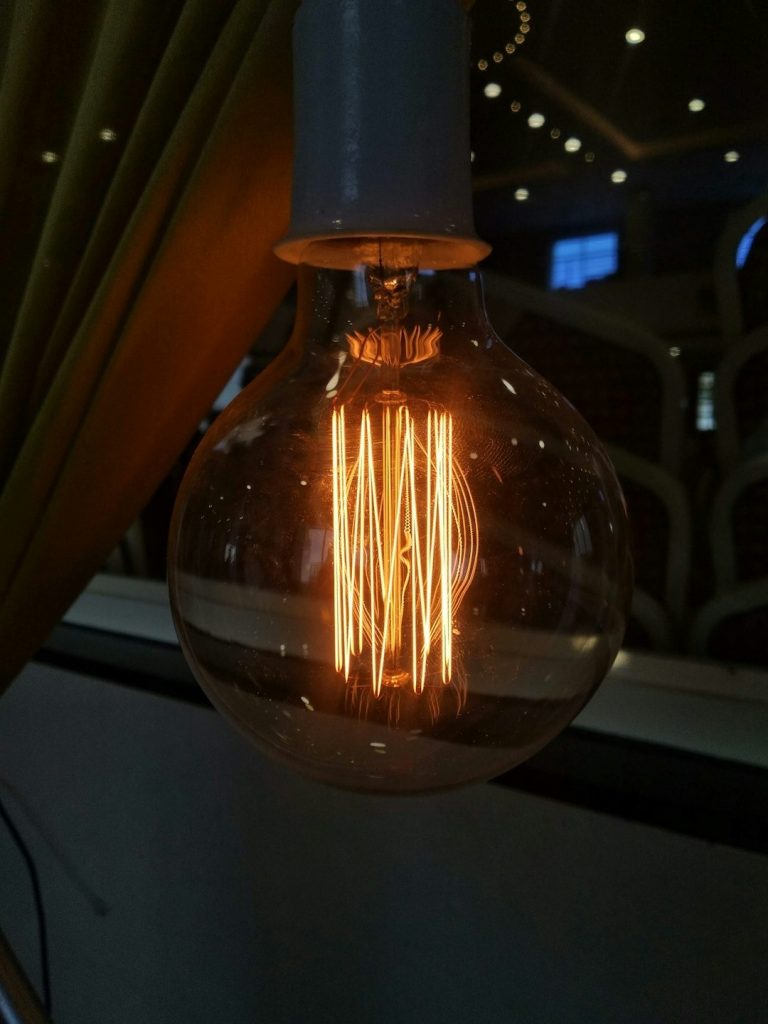
LED Bulbs vs. Incandescent Bulbs
Energy-efficient lighting is one of the easiest and most effective eco-friendly swaps you can make in your home or office. LED bulbs consume approximately 75% less energy compared to traditional incandescent bulbs, making them a highly efficient choice. Additionally, these LED bulbs have an impressive lifespan, lasting up to 25 times longer than standard incandescent bulbs, which means fewer replacements and less waste over time.
- Eco Benefit: Lower carbon footprint.
- Money Saved: $150+ per household yearly.
- Extra Tip: Look for ENERGY STAR-certified LEDs.
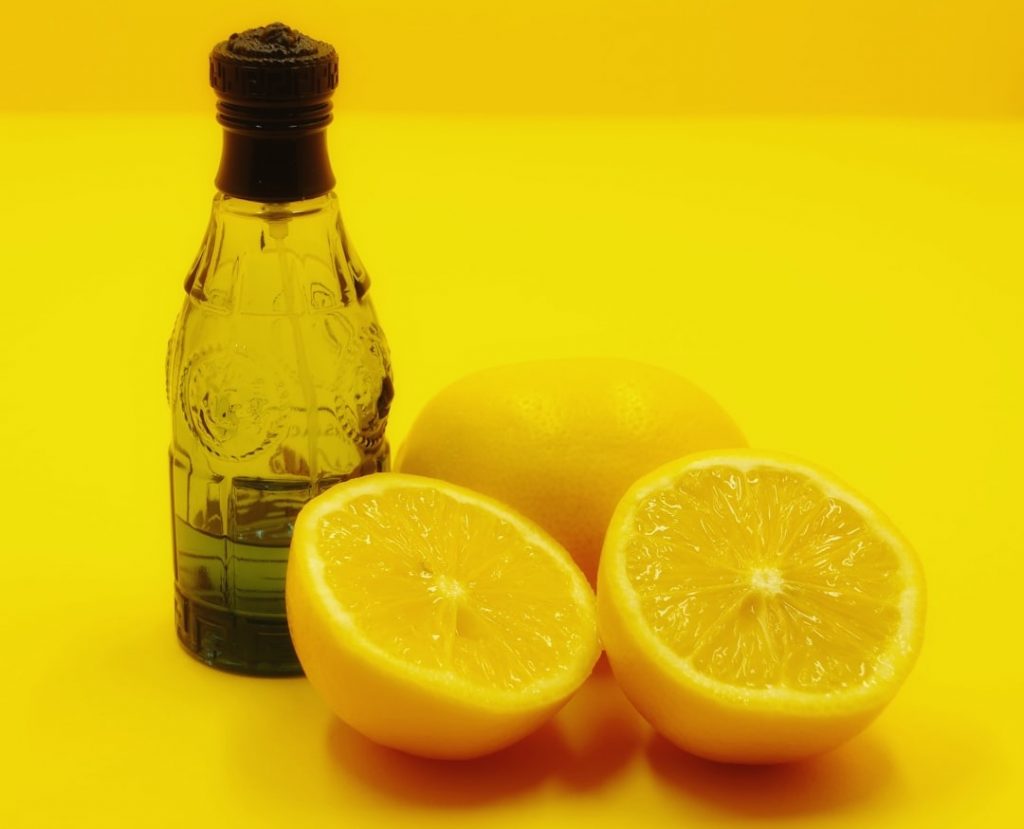
DIY Cleaning Solutions vs. Commercial Cleaners
Commercial cleaners tend to be not only quite expensive but also often loaded with a variety of harsh chemicals that can be harmful. On the other hand, DIY cleaners made from simple, natural ingredients such as vinegar, baking soda, and lemon offer a much safer, more affordable, and highly effective alternative for cleaning your home.
- Eco Benefit: Reduces plastic bottles and chemical waste.
- Money Saved: $100+ annually.
- Extra Tip: Keep a glass spray bottle filled with vinegar + lemon for multipurpose cleaning.

Composting Food Scraps
Instead of simply throwing away your leftover food scraps, consider starting a composting routine at home. Even using a small kitchen compost bin can make a big difference by preventing hundreds of pounds of food waste from ending up in landfills each year. This simple practice not only reduces waste but also contributes to creating nutrient-rich compost that benefits your garden and the environment.
- Eco Benefit: Reduces methane emissions and enriches soil.
- Money Saved: Cuts garbage disposal costs and gives free fertilizer.
- Extra Tip: Use a countertop compost bin with a charcoal filter to avoid odors.

Reusable Coffee Cups vs. Takeaway Cups
A daily coffee habit can add up significantly over time. Disposable cups are rarely recycled properly and contribute to environmental waste while also costing you more money in the long run. Fortunately, many coffee shops nowadays encourage sustainable practices by offering discounts and incentives if you bring your own reusable cup. This small change not only helps save money but also reduces your environmental footprint considerably.
- Eco Benefit: Reduces billions of disposable cups globally.
- Money Saved: Up to $150 per year with discounts.
- Extra Tip: Choose stainless steel or bamboo cups for durability.

Bamboo Toothbrushes vs. Plastic Toothbrushes
The world discards an astonishing amount of plastic toothbrushes each year, totaling over a billion units annually. In contrast, bamboo toothbrushes offer a sustainable alternative as they are fully compostable, environmentally friendly, and just as effective in maintaining oral hygiene. Additionally, these eco-friendly toothbrushes come at a price that is only slightly higher, making them a practical and responsible choice for those looking to reduce plastic waste.
- Eco Benefit: Biodegradable alternative.
- Money Saved: Long-term reduction in environmental costs.
- Extra Tip: Replace every 3 months as recommended by dentists.

Buying in Bulk vs. Packaged Products
Purchasing items in bulk significantly reduces the amount of packaging waste generated and can also lower your overall food expenses by approximately 30–40%. To keep your bulk-bought food fresh and well-preserved, it is best to store these items in durable glass jars or stainless steel containers, which help maintain quality and minimize environmental impact.
- Eco Benefit: Less packaging, fewer transport emissions.
- Money Saved: $300+ annually for a family.
- Extra Tip: Start with bulk staples like rice, oats, pasta, and beans.

Thrifted Cookware & Mason Jars vs. New Purchases
Purchasing items in bulk is an excellent way to significantly reduce the amount of packaging waste that is generated from single-use containers and wrappers. In addition to being environmentally friendly, buying in bulk can also help you lower your overall food expenses by approximately 30–40%, making it a cost-effective choice for your household budget. To keep the bulk-bought food fresh for a longer period and ensure it remains well-preserved, it is highly recommended to store these items in durable glass jars or stainless steel containers. These types of containers not only help maintain the quality and freshness of your food but also play a crucial role in minimizing your environmental impact by reducing reliance on disposable packaging materials.
- Eco Benefit: Extends product life cycle, reduces demand for new manufacturing.
- Money Saved: Hundreds per year.
- Extra Tip: Look for stainless steel pots, cast-iron pans, and vintage jars.
Buying Guide: How to Pick the Best Budget Eco Swaps
Adopting eco-friendly habits on a budget doesn’t need to feel overwhelming. The key is to approach the process strategically, making small but impactful changes that add up over time. Many people try to do everything at once, get frustrated, and give up. But with the right mindset, you can design a sustainable lifestyle that works for your household, your finances, and your long-term goals.
Here are five guiding principles to help you pick the best budget-friendly eco swaps:
1. Start Small
When starting your eco journey, don’t try to replace everything at once. Begin with one or two simple swaps—like investing in a reusable water bottle or switching from plastic grocery bags to reusable ones. These small changes are affordable, practical, and deliver immediate results.
Why it works:
- It keeps the process manageable.
- You see quick wins, which motivates you to continue.
- You avoid overwhelming your budget with too many purchases at once.
💡 Example: Replace paper towels with washable cloths. For less than $20, you’ll have a set that lasts for years and instantly cuts your household waste.
2. Check Durability
One of the biggest mistakes in eco-living is choosing products that claim to be green but don’t last. True sustainability means choosing items that will hold up for years.
When you buy a product, ask:
- Will this last at least 5 years?
- Can it withstand daily use?
- Is it made of materials that won’t break down quickly?
Durability is both a financial and ecological win. Buying a stainless steel lunch box that lasts 10 years is far cheaper and greener than replacing a plastic one every six months.
💡 Example: Instead of cheap bamboo utensils that splinter after a few uses, invest in a high-quality set from a reputable brand like Totally Bamboo.
3. Beware of Greenwashing
Greenwashing is when companies market their products as eco-friendly without real evidence. It’s a growing problem in 2025, as brands rush to cash in on sustainability trends.
How to spot it:
- Vague labels like “natural” or “eco-friendly” without certifications.
- Products wrapped in excessive plastic packaging.
- Lack of transparency about sourcing or manufacturing.
What to look for:
- FSC Certification (for wood/bamboo).
- Fair Trade (for coffee, textiles, etc.).
- BPA-Free (for plastics).
- ENERGY STAR (for appliances).
💡 Tip: Always read reviews from real customers. If a product has hundreds of positive reviews mentioning durability, that’s a good sign it lives up to its claims.
4. Think Lifecycle
A truly sustainable product is one that has a responsible lifecycle—from creation to disposal. When evaluating an item, ask yourself:
- How long will I use this?
- What happens when I’m done with it?
- Can it be recycled, composted, or repurposed?
Example: A glass food container can be used for years, then recycled indefinitely. A single-use plastic container, on the other hand, ends up in a landfill after just a few uses.
Thinking in lifecycles ensures you avoid “false savings” where something seems cheap upfront but creates hidden costs later—both for your wallet and the planet.
5. Prioritize Multi-Use
The best budget eco swaps are those that serve multiple purposes. Instead of buying a dozen different single-use items, choose products that adapt to different situations.
Examples:
- A set of glass jars can store dry goods, act as lunch containers, or serve as drinking glasses.
- A silicone food bag can hold snacks, be used for freezer storage, or even work for sous-vide cooking.
- A cloth tote bag doubles as a grocery carrier, gym bag, or picnic tote.
By prioritizing versatility, you reduce the number of things you need to buy—and simplify your lifestyle at the same time.
📸 Image: Person comparing eco products at a store
🌱 Final Thoughts
Living sustainably on a budget isn’t about achieving perfection. It’s about making steady progress, one step at a time. Too often, people think they need to completely transform their household overnight. But the truth is, even small, consistent changes can lead to major savings and a lighter footprint on the planet.
Progress Over Perfection
You don’t have to be “zero waste” to make a difference. Start with simple swaps: a reusable bottle, beeswax wraps, or cloth napkins. Each time you choose a reusable option over a disposable one, you’re reducing waste and saving money.
Think of it like fitness—you don’t get in shape by going to the gym once. It’s the daily effort, built up over time, that delivers lasting results.
Small eco swaps at home, like choosing reusable containers or eco-friendly cleaning products, go a long way. Conservation International outlines simple actions anyone can take to reduce waste in everyday life.
Compound Benefits Over Time
The beauty of eco swaps is that they compound. One reusable water bottle saves hundreds of plastic bottles each year. Cloth napkins save thousands of paper napkins over their lifespan. Add these up over five or ten years, and the impact—both financial and environmental—is staggering.
💡 Example:
- Switching to LED bulbs might save you $150 a year.
- Replacing paper towels with cloth saves another $75.
- Making your own cleaning products adds $100 in savings.
Together, that’s $325 saved annually—and over $3,000 in a decade.
Empowering Everyday Choices
The most powerful part of budget-conscious sustainability is realizing that your everyday choices matter. Each product you choose sends a message to companies and the marketplace. By supporting eco-friendly brands and sustainable alternatives, you encourage more innovation and push industries toward greener practices.
Your Action Plan
If you’re feeling inspired but unsure where to start, here’s a simple plan:
- Pick one swap this week (like switching to reusable grocery bags).
- Track your savings and waste reduction for one month.
- Add another swap the following month.
- Keep building momentum until eco-friendly habits become your new normal.
👉 Final Reminder: Living sustainably on a budget isn’t a sacrifice—it’s an upgrade. You’ll save money, live healthier, and create a home that reflects your values. Start small, stay consistent, and watch how these changes add up into a more sustainable, affordable, and fulfilling lifestyle.

Ready to start your sustainable journey? Explore more in our Eco-Friendly Product Reviews category.
For more inspiration, Made to Sustain shares a detailed list of eco-friendly product swaps, and Eco-Stylist highlights modern ways to live more sustainably without overspending.

